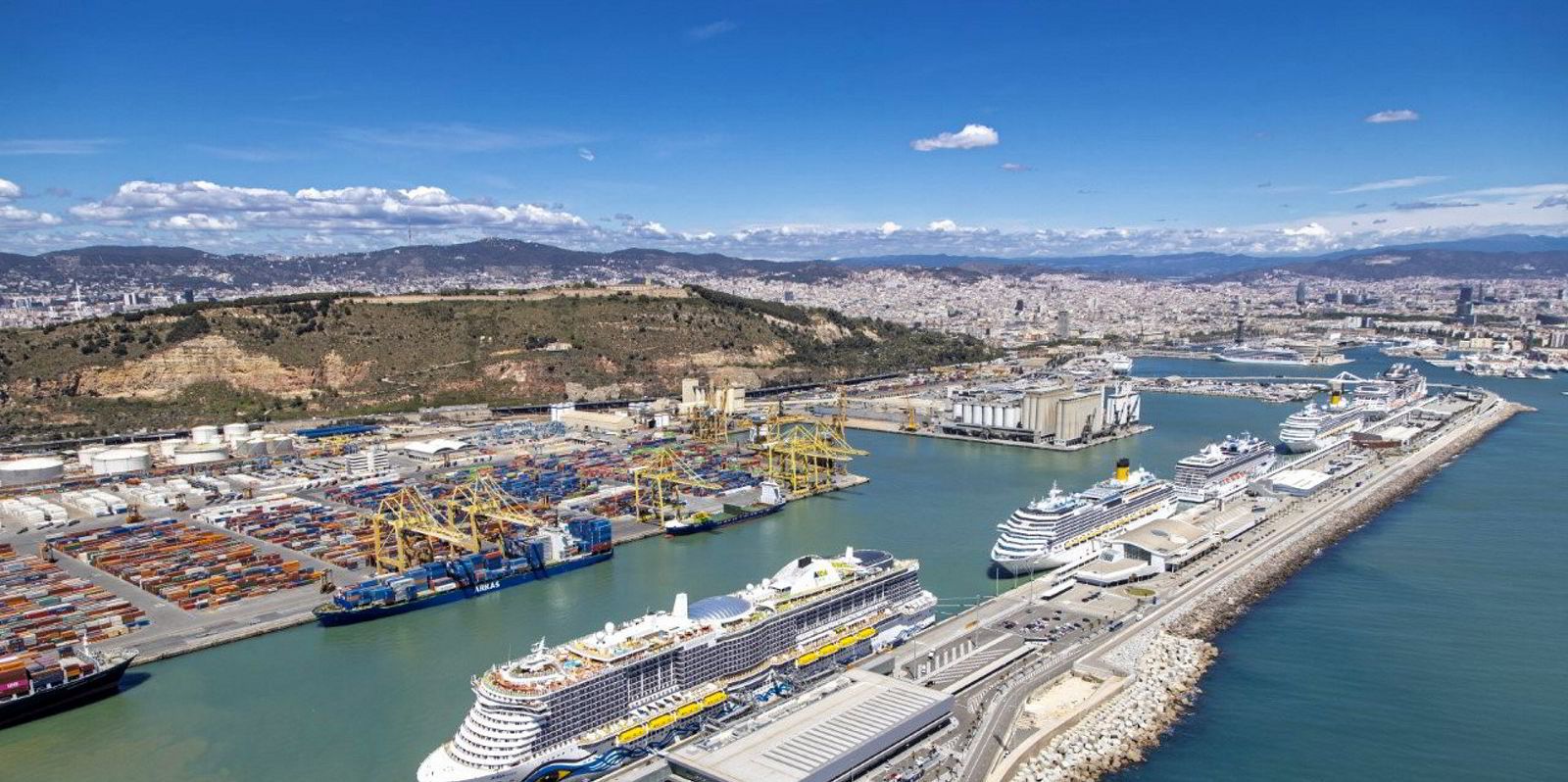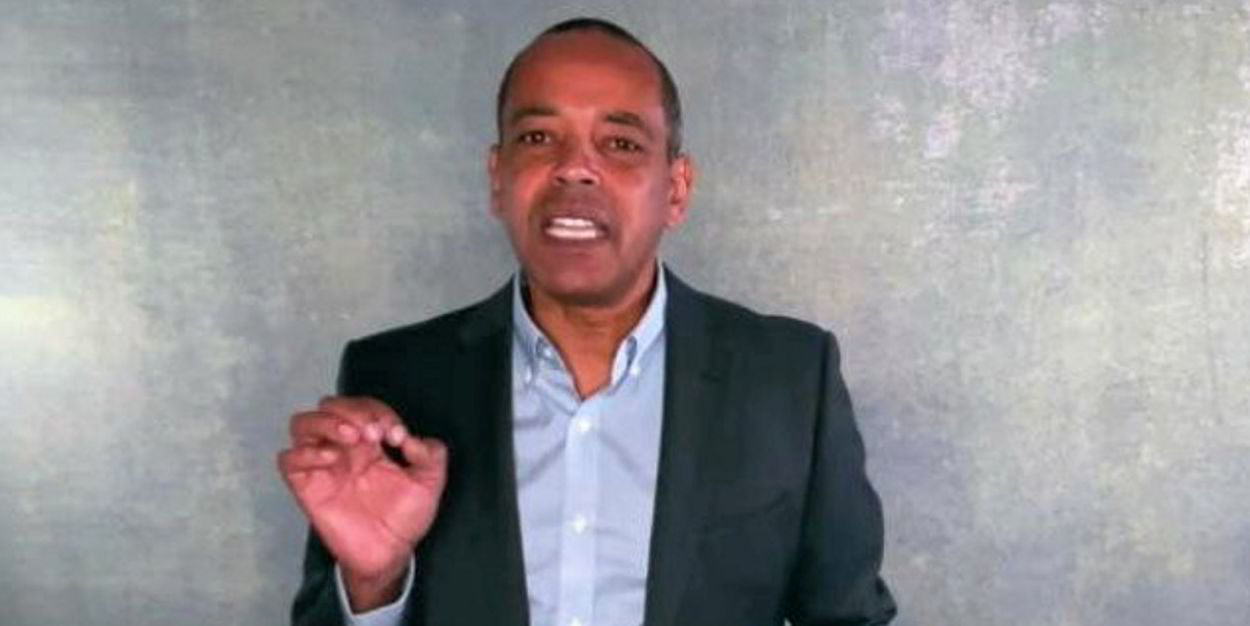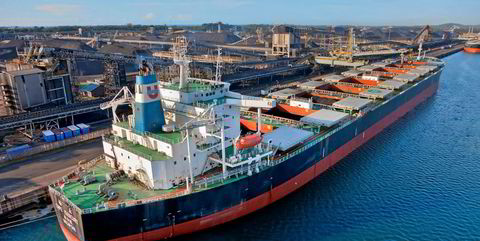The drought-hit Spanish region of Catalonia is bringing in desalination plants to avoid the need to use costly product tankers to import water.
The local government has said a floating plant will be installed off Barcelona, while 12 mobile units will be bought for further north along the coast.
The Barcelona plant will produce 14 cubic hectometres of water per year, equivalent to 6% of the city’s usage.
But it will not be operational until October at the earliest, Catalan News reported.
Government spokeswoman Patricia Plaja said the move will avoid the need to charter tankers to bring in water.
“Transporting water by ship from outside Catalonia is no longer an option as we now have more practical, efficient and better alternatives,” she added.
Climate action minister David Mascort said the plants are cheaper and more environmentally sustainable than using tankers.
The amount of water will also be double what could be achieved by ships.
Catalonia is spending €10m ($10.6m) on the plants.
Worst-ever drought
The region has been hit by its worst drought since records began 1916.
An emergency was declared in February.
Earlier in April, the drought-hit Spanish region of Andalusia also ruled out chartering tankers to bring in water.
The local government said Easter rains had “alleviated” the supply situation in the province.
A plan had been drawn up to use tankers to import water into Malaga and potentially other ports.
But vessels may be needed to move fresh water from melted glaciers in Greenland.
TradeWinds reported earlier this month that Thomas Schumann Capital is aiming to ship some of the 350trn litres trapped as ice to alleviate global droughts.
Schumann founded the New York, Frankfurt and Dubai-based company in 2011 and now has a dedicated investment vehicle, Project Greenland, to win water licences from the Greenland government.





